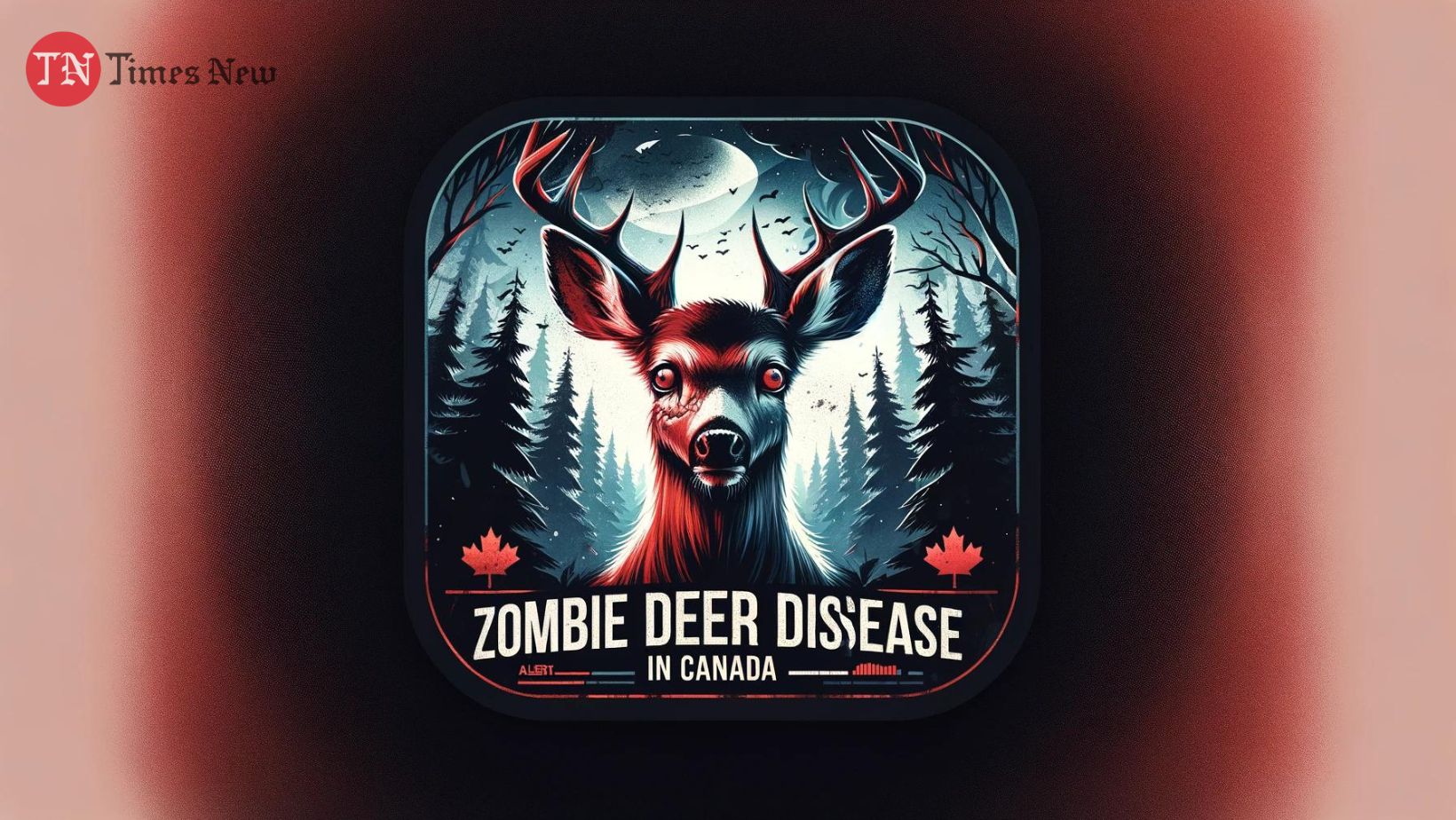
Canadian scientists are raising alarms over the rapid spread of a fatal infection dubbed “zombie deer disease,” formally known as Chronic Wasting Disease (CWD), which affects deer populations across North America. Authorities in British Columbia have initiated a comprehensive strategy to curb its spread following the confirmation of two cases in the region at the end of January. The disease, characterized by severe neurological decay leading to symptoms such as drooling, stumbling, and a vacant stare, is caused by misfolded proteins called prions, which damage brain tissue and the central nervous system.
The infection, previously detected in Saskatchewan, Alberta, Quebec’s farmed deer, and Manitoba’s wild deer, has also been confirmed in the United States’ Yellowstone National Park. In response, Canadian officials have mandated the testing of road-killed deer, moose, elk, and caribou to monitor and control the disease’s spread. Despite the alarming symptoms and fatal outcome in animals, health officials have stated there is “no direct evidence” of the disease transmitting to humans. However, research led by Hermann Schatzl from the University of Calgary’s veterinary school suggests the potential for transmission between species, particularly to primates, based on experiments with macaques.
The concern among scientists and health officials grows as the disease continues to spread, with the possibility of human infection in the future being deemed “very likely” by researchers. This has prompted a swift reaction from authorities and a call for vigilance among the public, especially those in close contact with potentially infected wildlife. The situation underscores the need for ongoing research and preventive measures to protect both animal and human populations from this emerging threat.
Pic Courtesy: google/ images are subject to copyright









